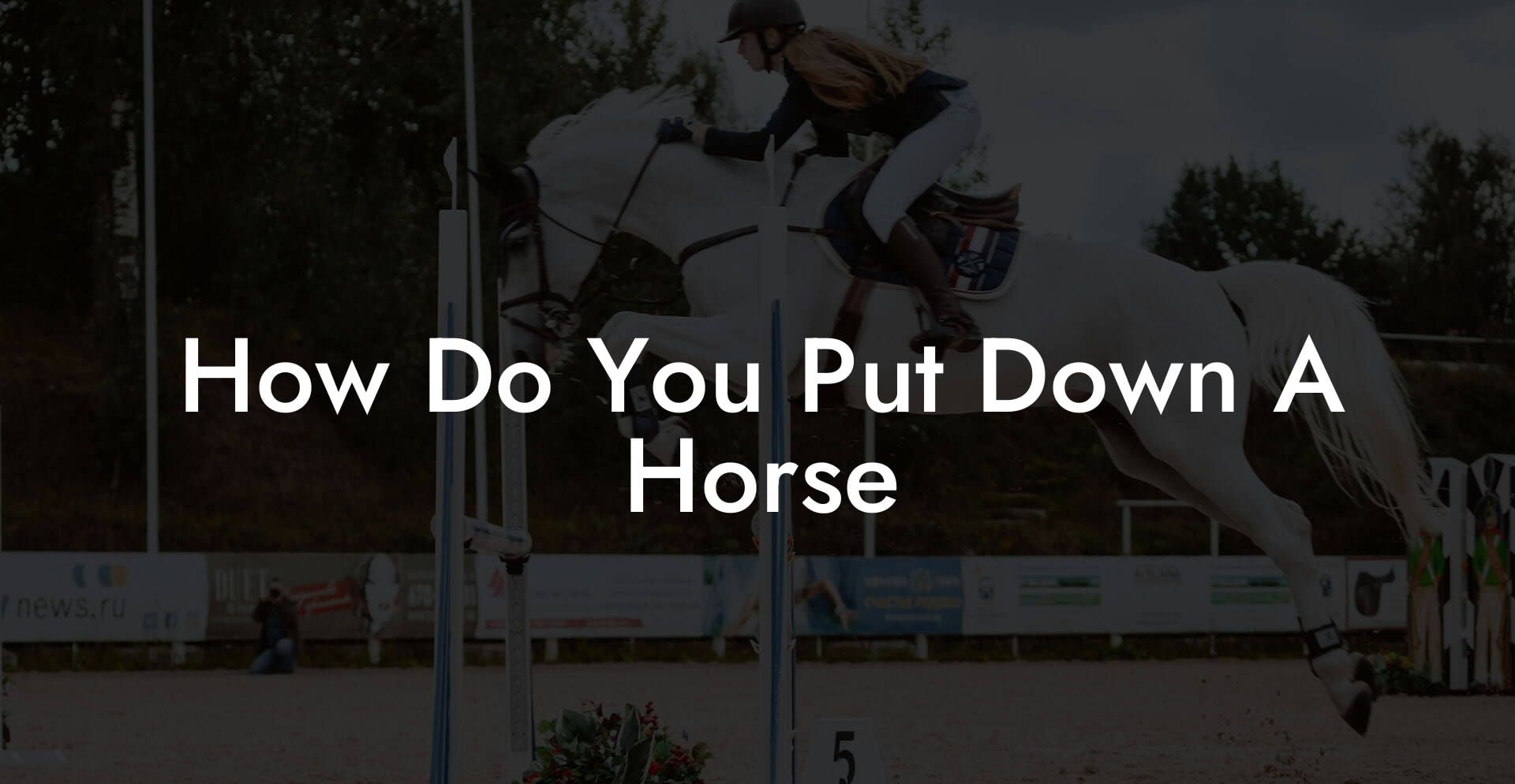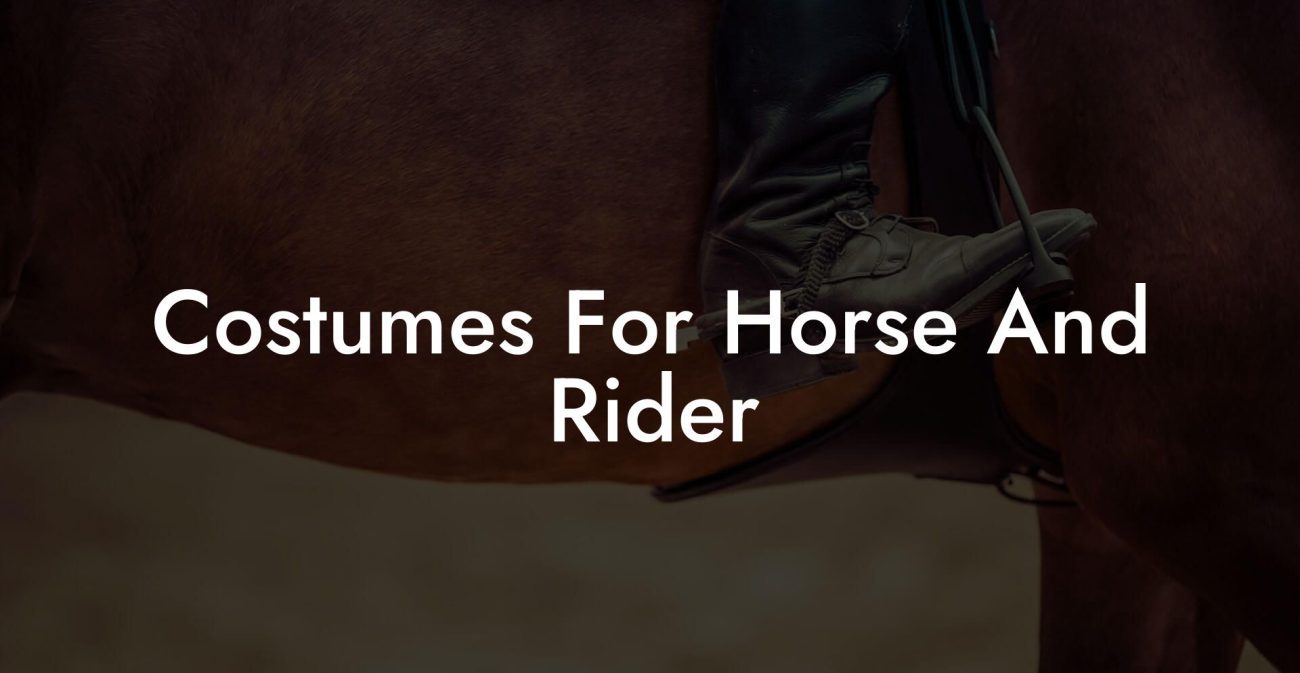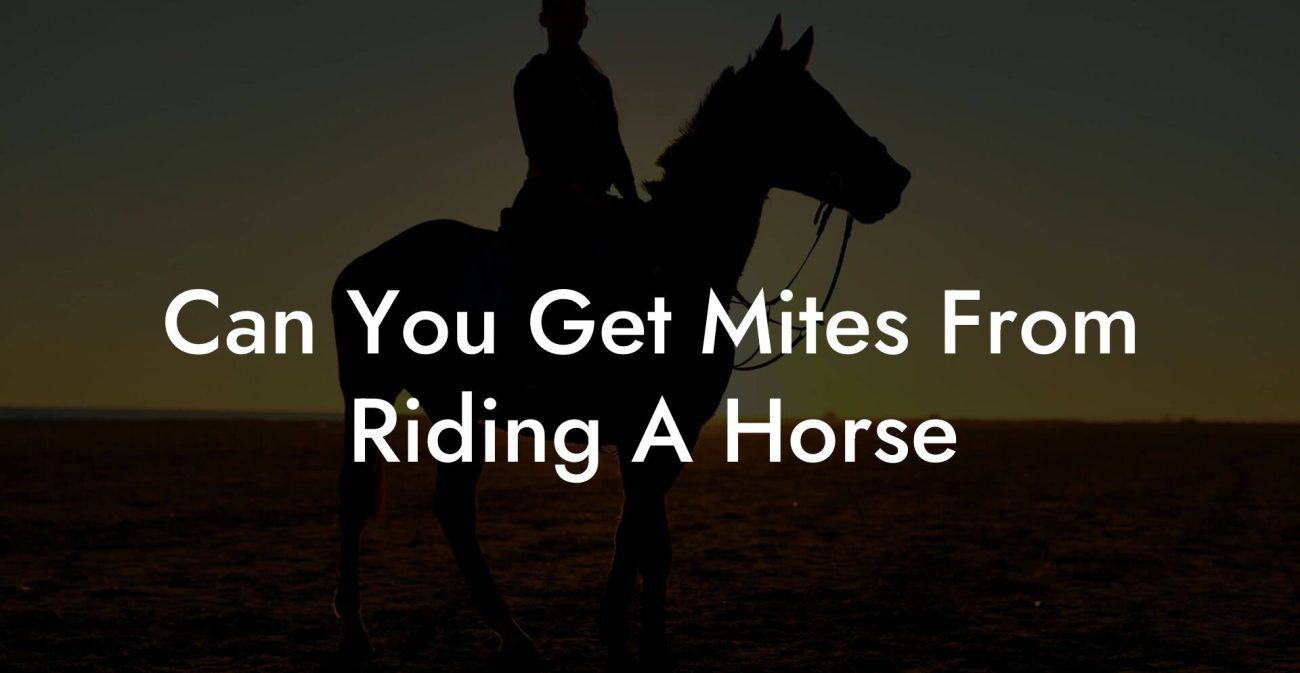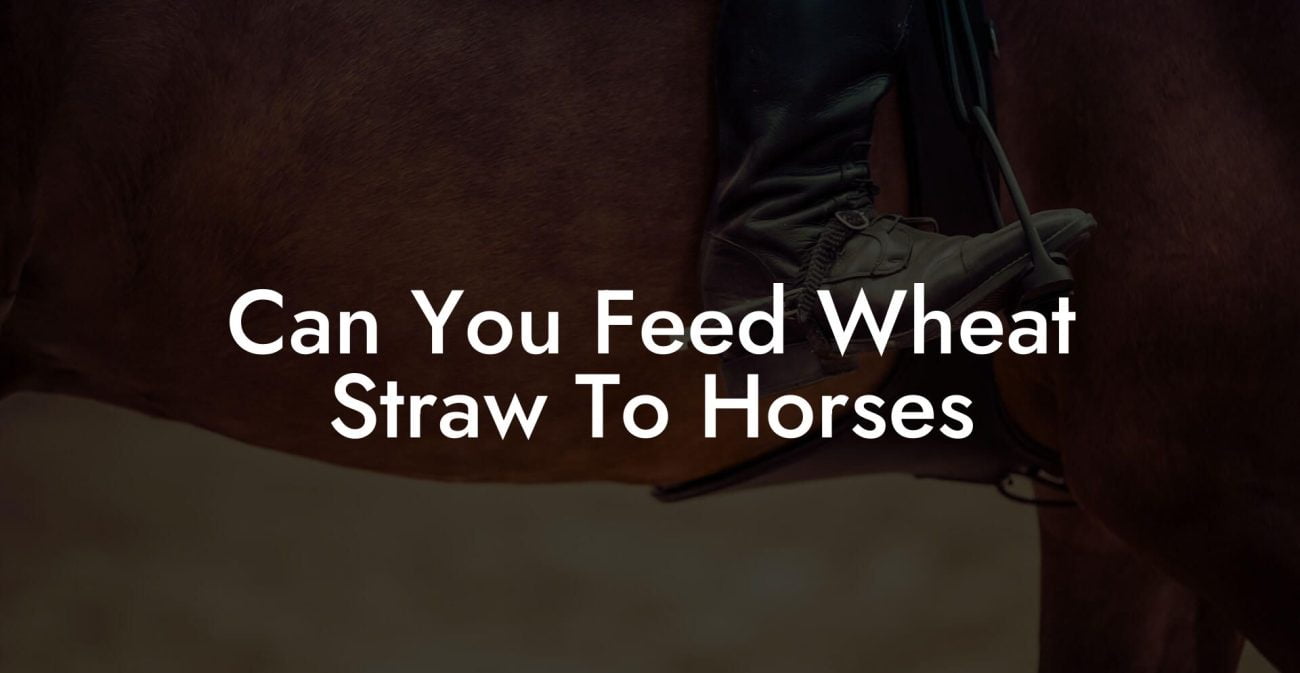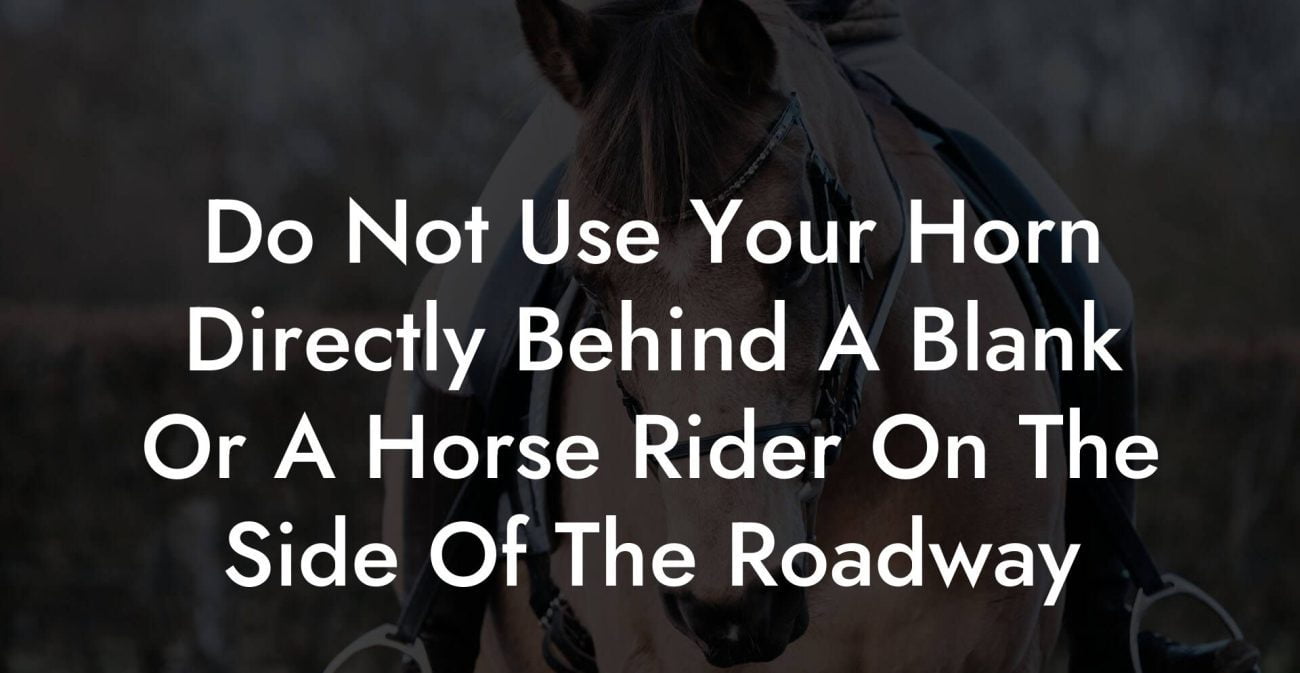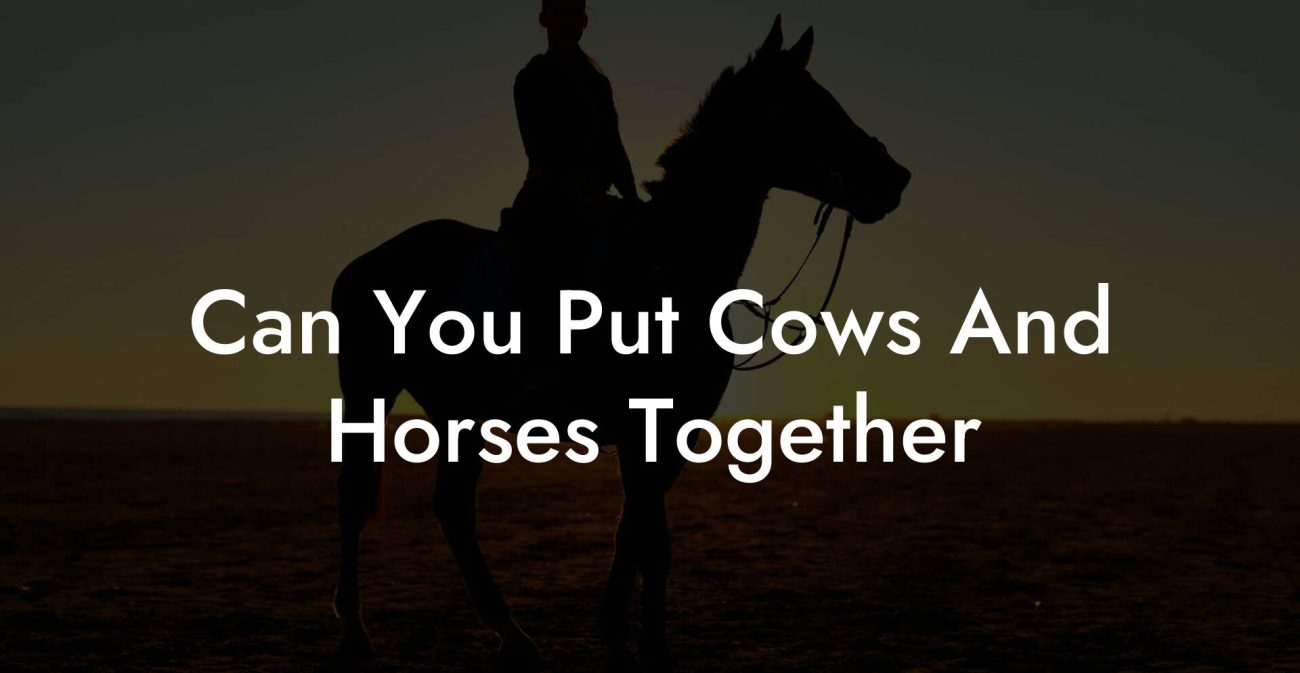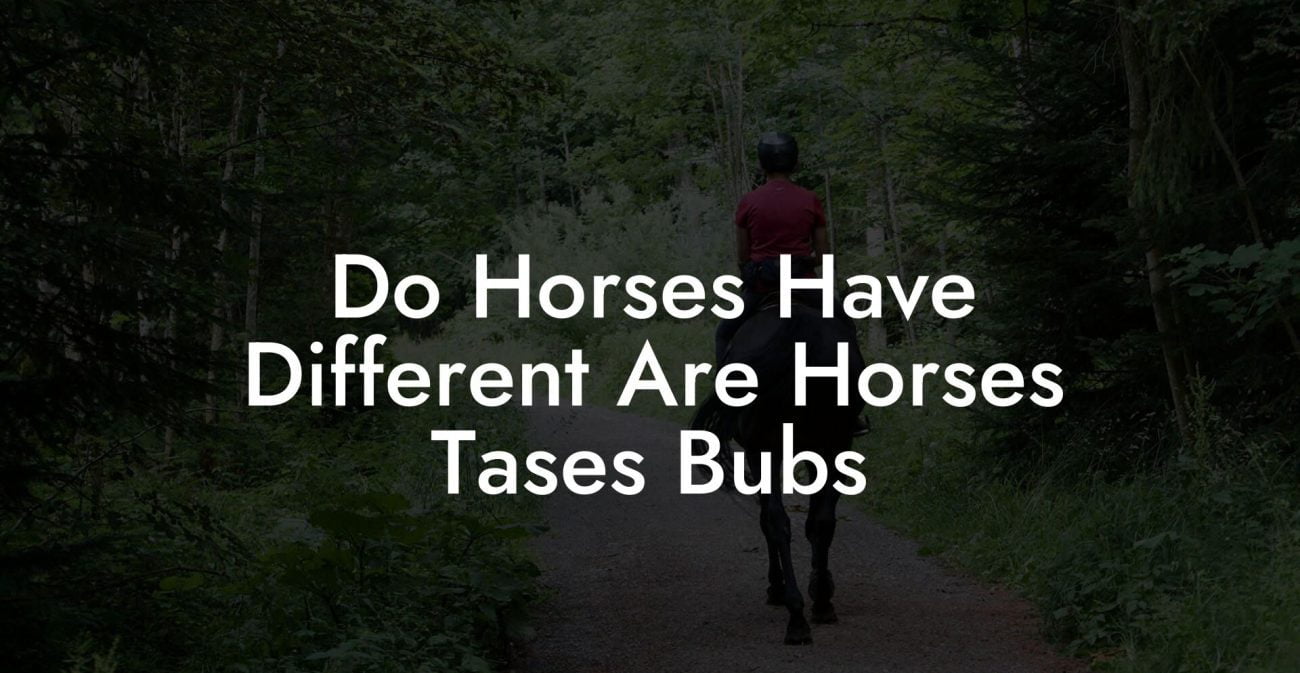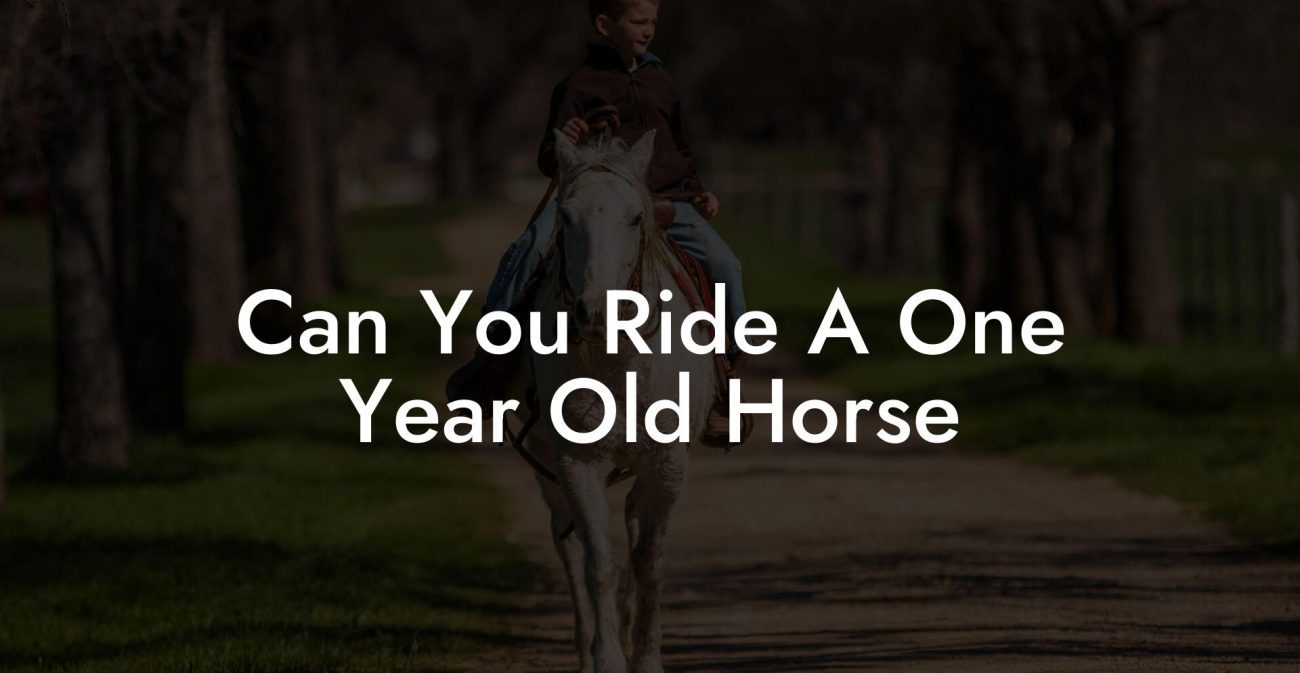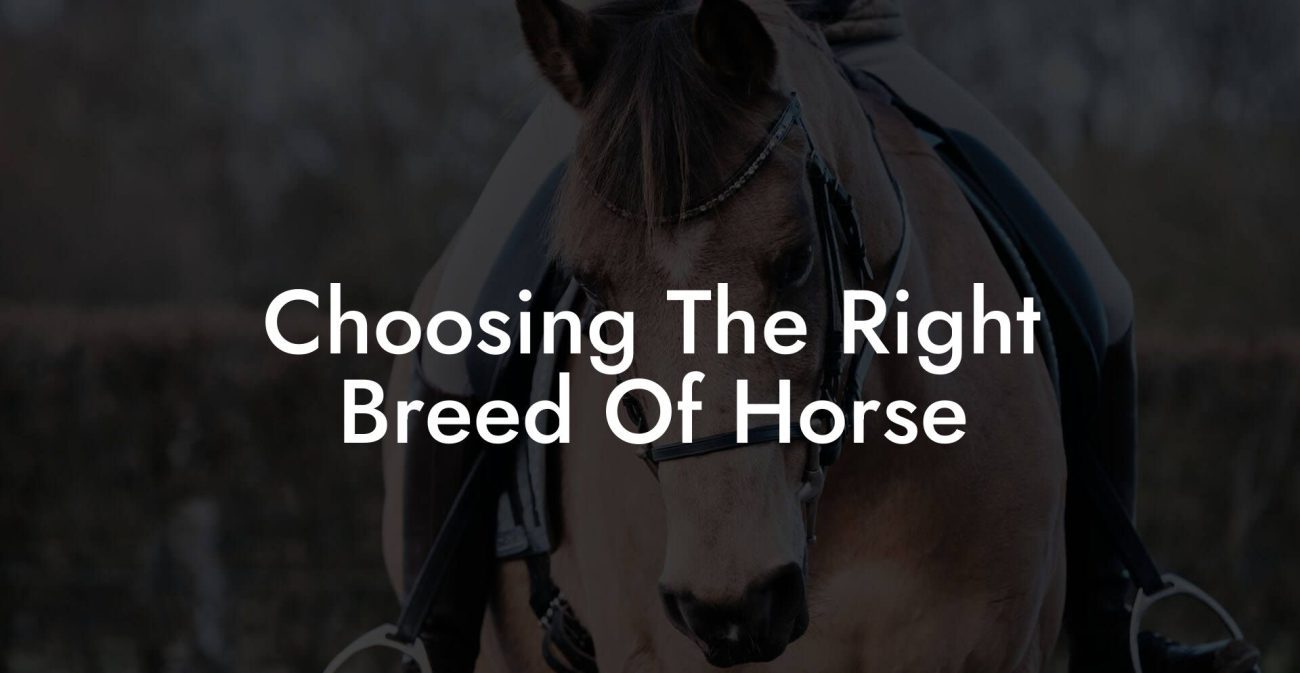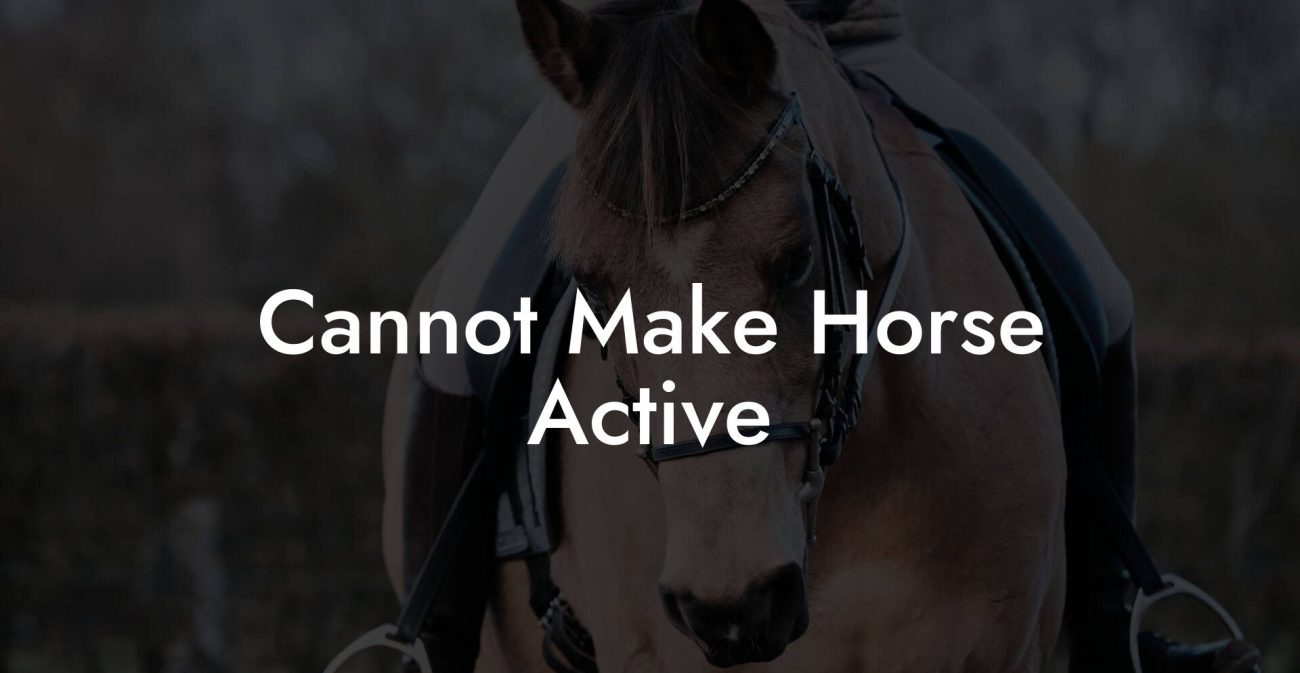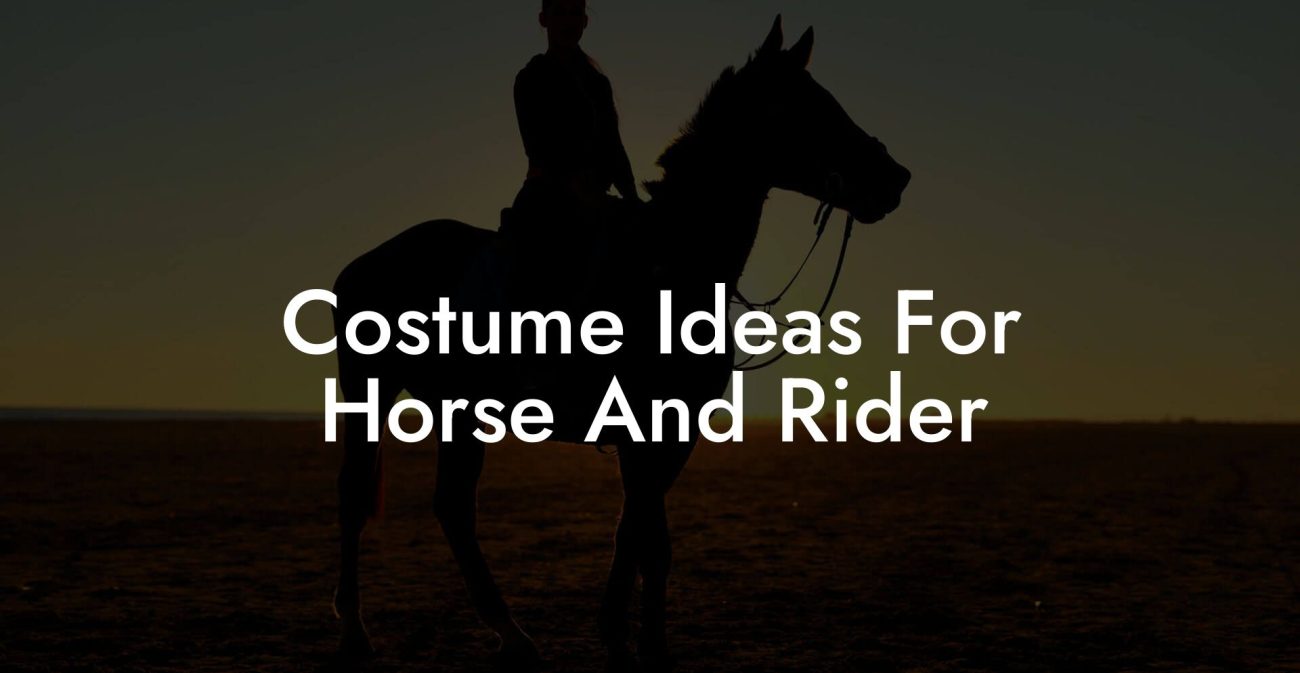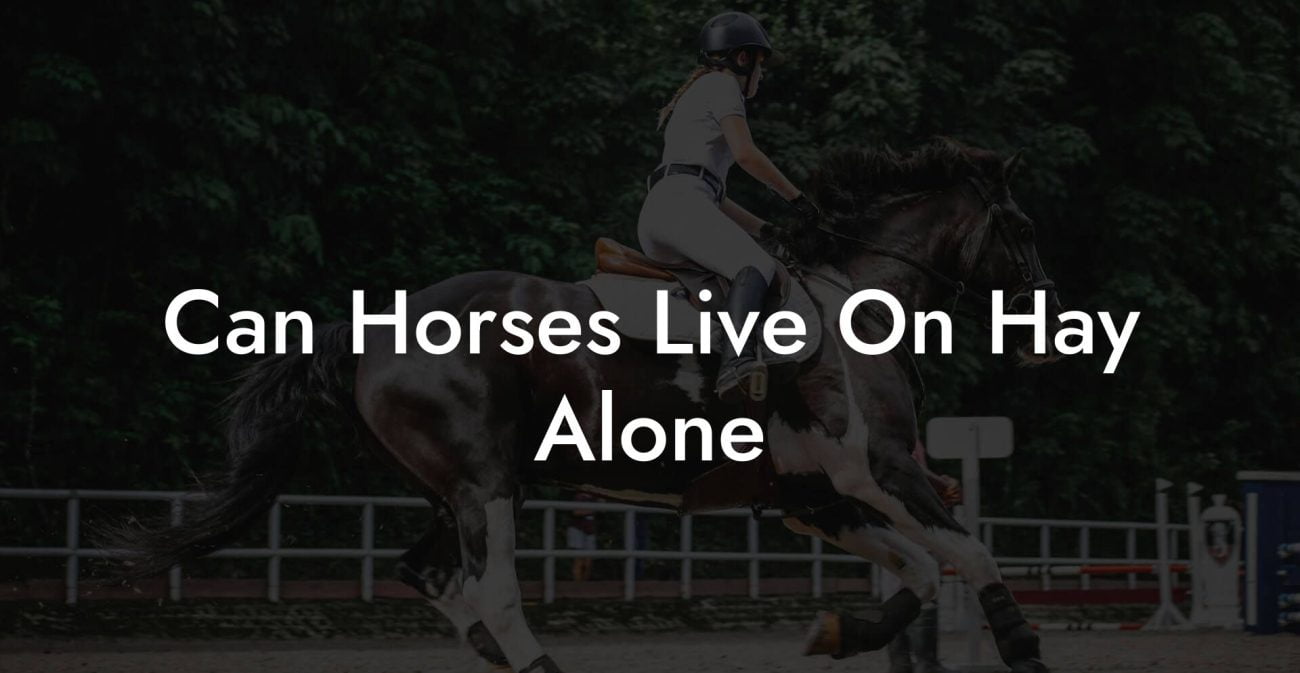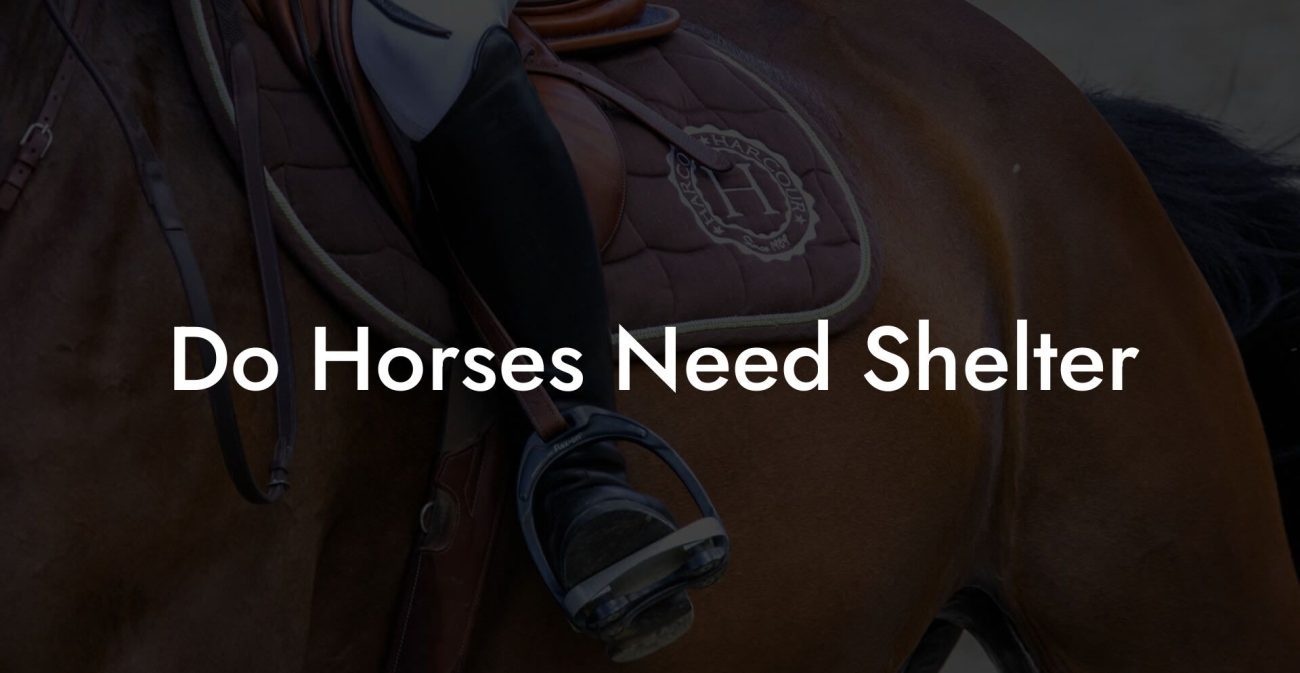In a world where every goodbye feels like an epic saga and every decision tugs at your heartstrings, figuring out how to handle the most painful moments can leave you feeling overwhelmed. When it comes to saying farewell to a cherished equine companion, the phrase “How do you put down a horse?” isn’t as blunt as it sounds, it’s an invitation to explore a compassionate, carefully considered process that honors your horse’s life while also taking care of your own emotional well-being. This guide isn’t just another how-to; it's a deep dive into the philosophy, ethics, and methods behind humane equine euthanasia, written with the fresh, irreverent tone that Gen-Z and millennial horse lovers will find both engaging and informative.
Quick Links to Useful Sections
- Embracing a Compassionate Goodbye: The Philosophy Behind Equine Euthanasia
- When Is It Time? Understanding the Signs and Deciding on Euthanasia
- The Role of the Veterinarian: Partnering with Experts for a Humane Farewell
- Navigating the Euthanasia Process: What Really Happens?
- Pre-Euthanasia Consultation and Preparation
- The Day of Euthanasia
- Preparing Yourself: Emotional and Practical Steps Before the Final Farewell
- The Aftermath: Navigating Grief and Honoring Your Horse’s Memory
- Taking It a Step Further: Resources and Community Support – Your Next Steps
- Embracing Legacy While Moving Forward: Integrating Your Horse's Memory Into Your Life
- Frequently Asked Questions About Humane Equine Euthanasia
- Your Journey Forward: Honoring the Past While Embracing New Beginnings
Embracing a Compassionate Goodbye: The Philosophy Behind Equine Euthanasia
Let’s face it: horses are more than just animals, they’re our partners, our confidants, and sometimes the only ones who truly understand our need for freedom. But as with every living being, there comes a time when the quality of life wanes, and the heart-wrenching decision of euthanasia emerges. In modern equine care, “putting down a horse” is not a cold clinical procedure but rather a compassionate farewell that respects the animal’s dignity and alleviates suffering.
The increasing awareness of animal welfare has reshaped our understanding of euthanasia as a humane, peaceful way to end a horse’s discomfort. It's about recognizing when a horse's suffering outweighs moments of joy and the importance of working with veterinary professionals who treat this final stage as both a technical procedure and a tender emotional journey.
With evolving practices and better technology, the process is designed to be as gentle and painless as possible, always prioritizing the animal’s comfort. This isn’t about a rushed goodbye, it’s about maintaining respect, ensuring minimal physical distress, and opening the door to a new chapter of healing for both the horse and the owner.
When Is It Time? Understanding the Signs and Deciding on Euthanasia
One of the toughest parts of caring for a horse is recognizing that sometimes, love means letting go. Deciding when it’s time to say goodbye is not a decision you take lightly, it’s deeply personal and often steeped in emotion and memories. But there are tangible, quality-of-life indicators that can help guide you through this difficult decision.
A horse’s physical and mental well-being can decline due to chronic illness, severe injury, or age-related issues. Here are some signals to look for:
- Persistent Pain and Discomfort: When every step becomes a struggle and even the simplest activities are overshadowed by ongoing pain.
- Loss of Appetite and Weight: A clear sign that the body is no longer thriving, which can be exacerbated by an inability to digest food properly.
- Lack of Mobility: When movement, which once symbolized freedom, now symbolizes an inescapable cycle of distress due to arthritis, laminitis, or other debilitating conditions.
- Cognitive Decline: Changes in behavior, signifying that your horse might be in a state of confusion or distress mentally, impacting their overall quality of life.
Recognizing these symptoms is pivotal. With modern veterinary assessments, you can determine if your horse’s condition has reached a point where interventions no longer offer relief but instead prolong the suffering. While it’s natural to cling to hope, sometimes saying goodbye is the most loving decision you can make.
Remember, though, that this decision does not diminish the incredible journey you shared. Every gallop, every nuzzle, every sunlit pasture moment remains a testament to the vibrant life your horse led. Euthanasia reminds us that, just like every epic tale, every journey also has its poignant end.
The Role of the Veterinarian: Partnering with Experts for a Humane Farewell
When the time comes to consider euthanasia, your go-to resource is your trusted equine veterinarian. These compassionate professionals aren’t just experts in animal care, they’re also your guides through one of life’s most emotionally charged decisions. Modern veterinary medicine ensures that euthanasia is conducted with the highest standards of care, compassion, and respect.
In consultation, your veterinarian will meticulously evaluate your horse’s condition. This typically involves:
- Comprehensive health Assessments: Detailed physical examinations, diagnostic tests, and discussions about your horse’s behavior and quality of life.
- Exploring Treatment Options: Prior to the decision, your vet will evaluate whether any alternative treatments or palliative care options can temporarily improve your horse’s quality of life.
- Clear Communication: The best veterinarians understand that compassionate communication is key. They’ll spend time explaining the process, answering your questions, and supporting you emotionally as you process the likely outcome.
In many cases, the decision to proceed stems from a mutual understanding between you and your vet that the horse's suffering has reached a point where further interventions only add to their distress. This partnership ensures that the procedure is performed in a controlled, professional, and sympathetic environment.
It’s essential to remember that while the decision feels like a monumental personal loss, it is a responsible, humane action taken in the best interest of a beloved companion.
Navigating the Euthanasia Process: What Really Happens?
The phrase “put down a horse” might evoke stark images, but understanding the process can demystify the procedure and help ease some of the inevitable anxiety surrounding it. Veterinary euthanasia is a carefully orchestrated process that prioritizes a peaceful, pain-free farewell.
The process itself involves several critical steps:
Pre-Euthanasia Consultation and Preparation
Successfully planning for euthanasia starts well before the day arrives. Discussions with your veterinarian will cover everything from your horse’s medical history to their current state. This is when you explore all alternative treatments and palliative methods. If euthanasia is deemed the most compassionate route, you’ll set a date and discuss the logistics, which can include:
- Location: Many choose the familiar surroundings of their barn, while some opt for a serene outdoor setting that celebrates the horse’s life.
- Company: Deciding who will be present, a trusted friend, family member, or even a counselor, can make a significant difference during such a tender moment.
- Memorial Considerations: Discussions might also touch on post-euthanasia arrangements such as burials, memorial services, or even creative tributes that celebrate your horse’s spirit.
The Day of Euthanasia
On the day itself, the atmosphere is one of calm and respect. Here’s what typically unfolds:
- Initial Sedation: Prior to the injection, your horse is usually given a sedative to help them relax and ensure that they aren’t scared or uncomfortable.
- The Final Injection: A carefully calculated dose of a euthanasia solution (usually an overdose of an anesthetic) is administered. This solution gently and painlessly stops the heart, allowing for a peaceful transition.
- Monitoring and Assurance: A veterinarian remains by the horse’s side throughout, ensuring that the process is both swift and dignified. The focus is on creating a final environment of serenity and respect.
Even though the procedure is clinical in nature, every moment is imbued with empathy and deep respect for the life that once galloped with untamed spirit and sheer vitality. Embracing the inevitable, you witness a farewell that is tender, dignified, and, above all, compassionate.
Preparing Yourself: Emotional and Practical Steps Before the Final Farewell
Deciding to say goodbye to your horse can leave you in an emotional headlock. It’s completely normal to experience feelings of anxiety, grief, and even guilt. The thought of having to “put down” a creature so full of life can be maddeningly overwhelming. That’s why, along with understanding the technical aspects of the process, preparing yourself emotionally is equally crucial.
Here are some practical, heart-friendly steps to prepare for the final farewell:
- Seek Support: Whether through trusted friends, support groups, or professional counselors specializing in pet loss, never underestimate the power of a listening ear. Sharing your feelings can help ease the crushing weight of grief.
- Create Lasting Memories: Spend time with your horse in their favorite quiet spot one last time. Capture photos, share stories, and immerse yourself in the memories that defined your journey together.
- Document Your Feelings: Journaling your thoughts can transform overwhelming emotions into a meaningful account of your burgeoning relationship and the bittersweet moments that defined your time with your horse.
- Plan a Tribute: Consider pre-arranging a memorial, perhaps a simple ceremony, a dedicated area on your property, or participation in community remembrance events, that allows you to cherish their spirit while sharing your loss with others who understand.
- Allow Yourself to Grieve: Understand that grief is a process, and it’s okay to feel sad. Forgive yourself for feeling conflicted or overwhelmed. A heartfelt goodbye is a testament to the deep love you shared.
Preparing mentally, emotionally, and even spiritually not only helps you navigate the day of euthanasia more peacefully, but it also sets the stage for healing long after the procedure is over. This time of preparation becomes a bridge from despair to acceptance, a transformative journey towards rediscovering light in the midst of darkness.
The Aftermath: Navigating Grief and Honoring Your Horse’s Memory
No one truly ever gets over the loss of an adored companion, they just learn to live with it. After the physical farewell, the emotional journey continues. The aftermath of euthanasia can feel like stepping into an emotional minefield, but it’s also an opportunity for healing, reflection, and ultimately, honoring the life that was so beautifully shared.
Here are some insights on how to navigate the complex ocean of grief:
- Emotional Healing: It’s natural to oscillate between waves of sorrow, anger, and even numbness. Embrace each emotion as part of the healing process. Professional pet loss counselors or support groups can be invaluable during this period.
- Celebrating the Life: Organize a small memorial, invite close friends or family who shared in your horse’s journey. Sharing anecdotes, watching video montages, or even doing something as simple as lighting a candle can become powerful rituals for remembrance.
- Creating a Legacy: Many find solace in establishing a living tribute, such as donating to an equine rescue, organizing an annual remembrance event, or planting a tree in honor of their horse. These acts ensure that your horse’s spirit continues to spark hope in others.
- Routine and Self-Care: While a sudden change in your daily life might feel staggering, gradually reintroducing a comforting routine can help. Engaging in familiar activities, whether it's a quiet walk in nature or simply spending time reflecting, can anchor you in moments of stillness.
The memories of your horse will always remain a cherished part of your story. In time, each tear shed becomes a tribute to the bond you once shared, a bond that transcends physical existence and transforms into an enduring part of who you are.
Taking It a Step Further: Resources and Community Support – Your Next Steps
Once you’ve navigated through the emotional labyrinth of euthanasia, it’s time to explore the avenues that can help you continue celebrating the love your horse gave you. In today’s connected world, there are abundant resources and communities that understand what you’re going through and are ready to offer support, practical advice, and even a bit of humor to lighten the load.
Consider tapping into these resources:
- Equine Grief Support Groups: Join online forums, local meetups, or social media groups where fellow horse lovers share their journeys through grief. These communities often provide practical advice on coping strategies, memorial planning, and even creative ways to honor your horse’s memory.
- Veterinary Associations and Equine Welfare Organizations: Many reputable organizations offer detailed guides, legal advice regarding euthanasia procedures, and referrals to compassionate veterinarians who can guide you through the process.
- Holistic and Integrative Care Specialists: Sometimes, after losing a cherished pet, exploring mindfulness practices like meditation, yoga, or even equine-assisted therapy can help you reconnect with your inner peace. These practices not only honor the memory of your horse but also support your journey through grief.
- Memorial Services and Tribute Websites: Consider creating a digital tribute or memorial website. These platforms allow you to share photos, stories, and messages, preserving your horse’s legacy in a tangible form that others can celebrate and learn from.
- Books and Podcasts: There are numerous engaging resources, from memoirs by equine enthusiasts to podcasts discussing loss and healing in the animal world, that can offer both comfort and practical insights during your grieving journey.
Taking proactive steps in seeking support not only aids in your healing but also reinforces the idea that grief is part of the journey, a journey best traveled with caring individuals who understand the stakes and the memories.
Remember, your path toward healing is as unique as the bond you shared with your horse. Keep nurturing your emotional well-being with self-compassion, lean on your newfound community, and never hesitate to reach out for professional guidance when needed. Embracing these resources empowers you to honor your horse in ways that celebrate life, compassion, and love.
Embracing Legacy While Moving Forward: Integrating Your Horse's Memory Into Your Life
Although no farewell can fully close the chapter on the love and joy your horse brought to your life, integrating their memory into your living routine can be a source of strength and inspiration. Many owners find comfort in transforming the sorrow of loss into positive action and remembrance.
You might consider starting a creative project in your horse's honor, maybe a dedicated scrapbook, a digital photo journal, or even a mini blog recounting the epic adventures you shared. These outlets can serve as heartfelt tributes that not only help process your grief but also continue to celebrate your horse’s vibrant personality.
Additionally, many equine communities host annual events celebrating the lives of majestic horses gone by. Whether it’s a local charity ride, a fundraising event for equine rescue, or volunteer work at a stable, integrating such activities into your routine keeps the memory of your horse alive in a way that nurtures hope and community spirit.
Embracing your horse’s legacy is about blending the bittersweet memories with the determination to celebrate life at every turn. It’s a journey of transforming pain into purpose, a journey of remembering that every ending, though painful, gives birth to new beginnings.
Frequently Asked Questions About Humane Equine Euthanasia
Navigating the emotional and practical aspects of equine euthanasia often raises a flurry of questions. Here, we address some of the most common inquiries with straightforward, compassionate answers.
1. What does “putting down a horse” really mean?
It’s a humane, veterinary-administered procedure designed to end a horse’s suffering in a painless and dignified manner when their quality of life has irreversibly declined.
2. How do I know when euthanasia is the best option?
Veterinarians look for clear signs such as persistent pain, significant mobility issues, or chronic conditions that no longer respond to treatment. It’s ultimately a decision made with compassion, prioritizing the horse’s comfort.
3. Is the process painful for the horse?
No. The process is designed to be as calm and painless as possible, usually involving pre-euthanasia sedation followed by a rapid, gentle injection.
4. Can I be present during the procedure?
Absolutely. Many owners choose to be present to say their final goodbye, and this can be arranged with your veterinarian in a supportive, respectful environment.
5. What should I expect on the day of euthanasia?
The day is typically calm and serene. After an initial sedation to ensure your horse is relaxed, a humane injection is administered, followed by a period of peaceful monitoring.
6. How can I best prepare myself for this process?
It helps to talk with a veterinarian who can explain the process in detail, lean on supportive friends and family, and engage in personal reflection or counseling to process your feelings beforehand.
7. How do I cope with the grief after euthanasia?
Grief is a natural, albeit painful, part of the process. Consider support groups, therapy, memorial activities, and self-care practices to help navigate your journey of healing.
8. Are there alternatives to euthanasia?
In many cases, veterinarians will explore palliative care options to improve quality of life. However, when pain and suffering become unmanageable, euthanasia is considered the most compassionate option.
Your Journey Forward: Honoring the Past While Embracing New Beginnings
Life without your equine friend may feel like a void that echoes with memories, laughter, and shared adventures. But as you learn to navigate the waves of grief, you’ll also discover that every farewell carries within it seeds of new beginnings. The love and lessons imparted by your horse are not erased by loss, they become a foundational part of who you are.
Embrace the memory of your cherished companion by incorporating what you’ve learned into your daily life. Celebrate your horse’s spirit in the small rituals of everyday life, whether that means a quiet moment of reflection at sunrise or engaging in community projects that honor equine welfare. This active celebration of a life lived fully is not only a tribute to your horse, but it also serves as a catalyst for your personal growth.
Remember, there is no timeline for healing. The process allows you to slowly transition into a new rhythm of life where grief and gratitude interlace with hope and resilience. Every step forward is a step taken with the quiet whisper of your horse’s gallop in your heart, a gentle reminder of the profound bond you once shared.
As you continue on your journey, let compassion guide your choices, both for yourself and for other lives you care for. Transform your pain into passion by exploring ways to support animal welfare initiatives, volunteering at local stables, or simply sharing your story with others navigating similar paths.
This guide, with its candid exploration of the process and the emotions tied to it, is an invitation to honor what once was while allowing yourself to move toward what can be, a future filled with fond memories, ongoing healing, and a resilient spirit ready to embrace new adventures.

